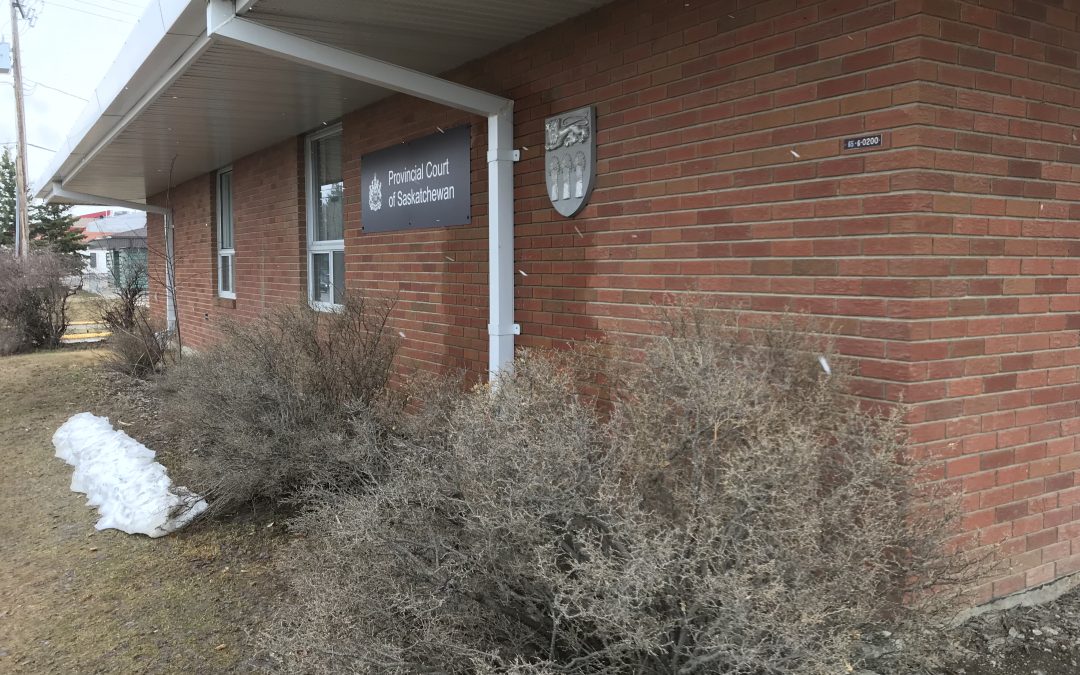A new database at the University of Saskatchewan is aiming to give lawyers and researchers a better grasp of Gladue reports.
Gladue reports are pre-sentencing reports advising courts to consider Indigenous offenders’ backgrounds during sentencing.
These backgrounds include the effects of settler colonialism, residential schools, broken treaty promises, the Sixties Scoop, among many other factors.
The new database at the U of S has compiled over 500 academic works related to colonialism in Saskatchewan. This will give anyone working with a Gladue report in the province instant access to key information on ideas usually contained within the report.
“It is important when sentencing a convicted Indigenous offender that judges be provided with information and facts pertaining to the historical circumstances facing Indigenous people in Saskatchewan,” said Keith Carlson, a professor in the College of Arts and Science’s Department of History and Research Chair in Aboriginal and Community-Engaged History.
The database was officially launched in early May.
Carlson believes the database will contribute to the reduction in the number of Indigenous people sentenced to serve time in correctional facilities. He also believes not enough Gladue reports are being written in Saskatchewan and is hoping the database will help curb that perceived trend.
Other experts believe the database will help ease an unnecessary burden on report writers, lawyers and judges.
“Trying to search scores of publications that may or may not lead to relevant information is costly and can be fruitless,” said Craig Goebel, the chief executive officer of Legal Aid Saskatchewan. “This database will permit report writers and defence counsel to efficiently and effectively acquire information that can be submitted for judicial notice as part of sentence submissions.”
According to Carlson, this database is unprecedented.
“In other provinces, people are required to start their research fresh with each new Gladue report, and elsewhere, the judiciary is left unsupported in its efforts to assess the quality of the reports that are provided to them,” said Carlson.
Yearly database subscriptions range from $400 to $1,100.
Database organizers say all subscription revenue will be put toward keeping the database current.
The database is the product of a partnership between the Law Foundation of Saskatchewan, Legal Aid Saskatchewan, the Community-Engaged History Collaboratorium (U of S Department of History) and the U of S Humanities and Fine Arts Digital Research Centre.
(PHOTO: La Ronge provincial court. File photo.)
